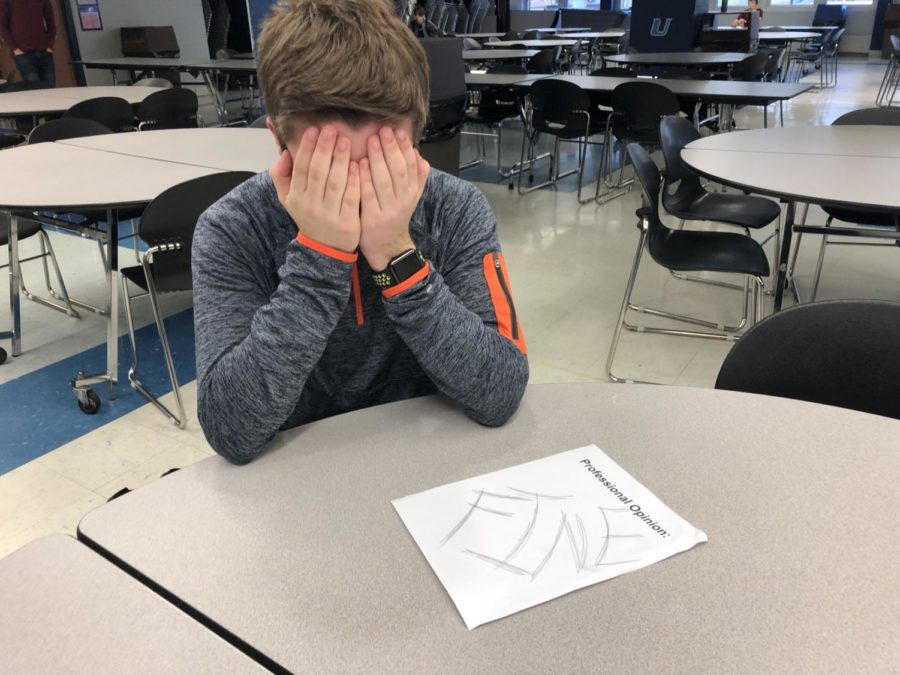Dismissive doctors
A diagnosis in the end is just a person’s opinion, and sometime that might be incorrect
Ever since second grade, I’ve had a knee problem because of one time that I sat in my desk weird and it fell. There was no hospital visit or anything, just a limp. Now, this limp has been with me for a decade.
It warranted a hospital visit after working a cart duty at a supermarket causing me to be unable to walk due to pain. We went through a whole physical at the hospital and finally, the doctor asked if I had anything I wanted to bring up. I told her about my leg.
She had me walk five steps, told me I was a bit pigeon-toed and gently pushed me out the door.
This did not help with the limp, for obvious reasons.
Stories like this are becoming alarmingly common, especially for teens. Doctors are dismissive towards their patients, and for no discernable reason. They seem to write us off as seeking attention or going through a phase and thoughts like that are being proven dangerous.
Many people are worse off than me –– all I have is a knee problem — but think of more serious and less concrete issues that we have to trust doctors with, like mental health. The second most likely cause of death for ages 15 to 18 is suicide, and I believe this dismissive attitude is a major proponent.
The DGS philanthropy project this year was to support a cause that helps with teen depression awareness, which couldn’t have come at a more appropriate time. Teens can have depression or other disorders, just like they can have injuries. Teenage years are vital to mental health, it’s not a time to be put down for having problems and have them left undiagnosed.
People don’t go to the doctor without a reason; if someone goes through all the trouble of making an appointment and keeping it, they have a problem that requires attention. Writing it off won’t make an issue go away if it is prevalent enough to warrant a doctor’s opinion. No doctor should hold the belief that they can just push patients aside.
Pain is pain, no matter how you slice it and teenagers can feel it; not every pain can just be born, sometimes a person needs help. People with broken limbs get immediate surgery, why can’t someone with a high chance of depression get at least a valid checkup? Casting aside or invalidating a laceration won’t stop the bleeding, so we shouldn’t treat other issues that same way.


